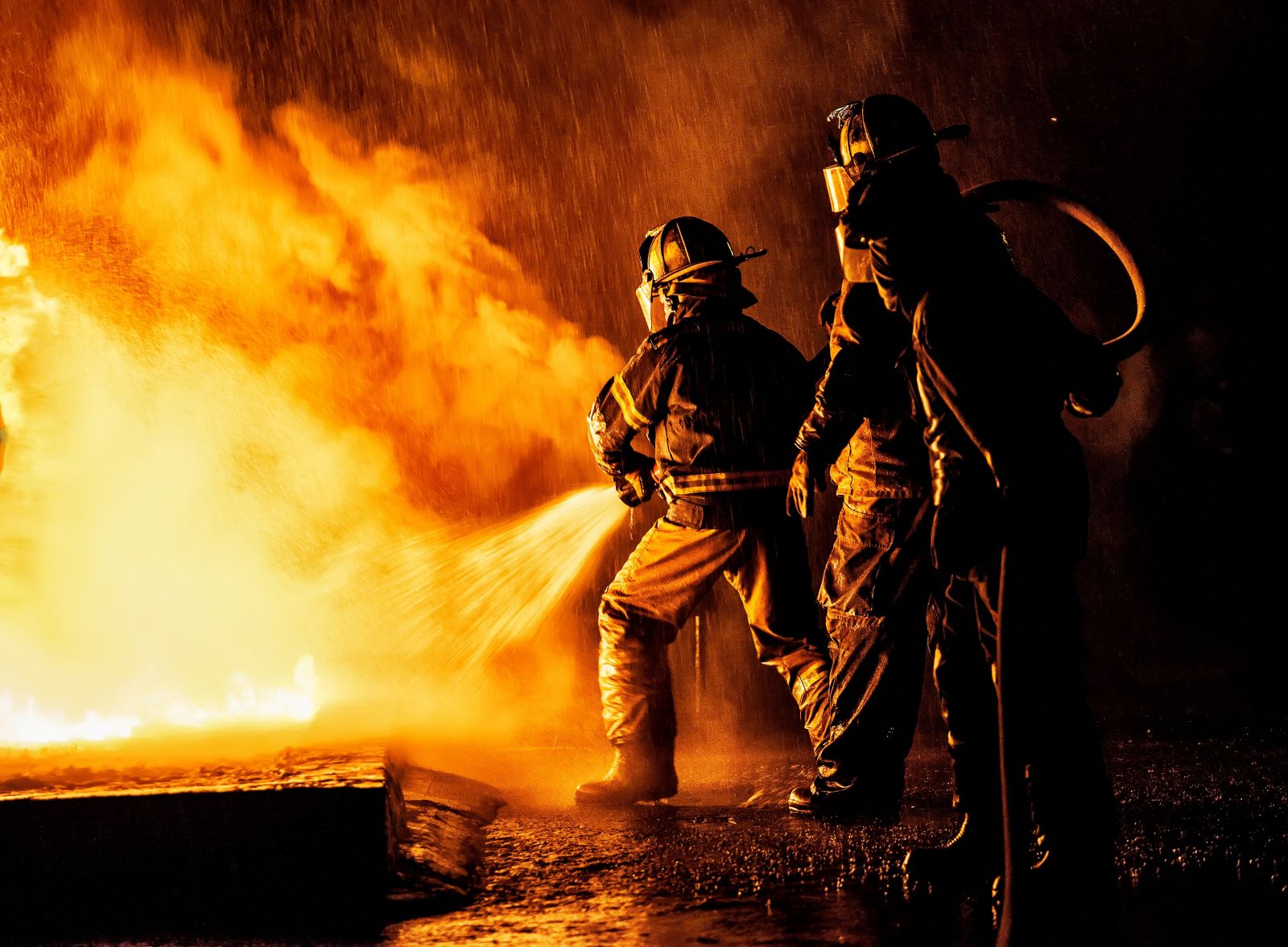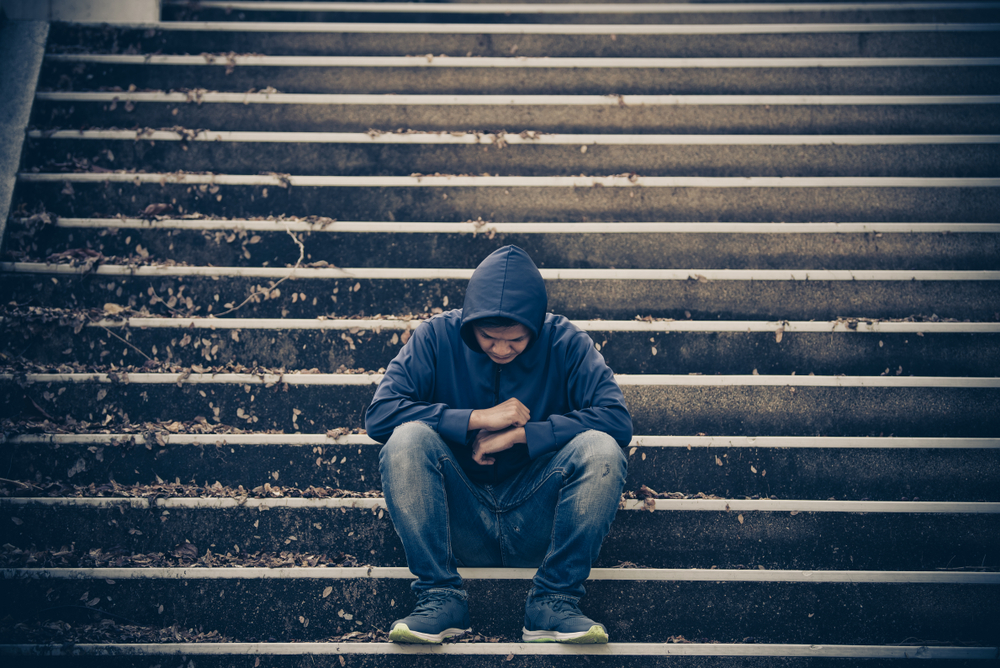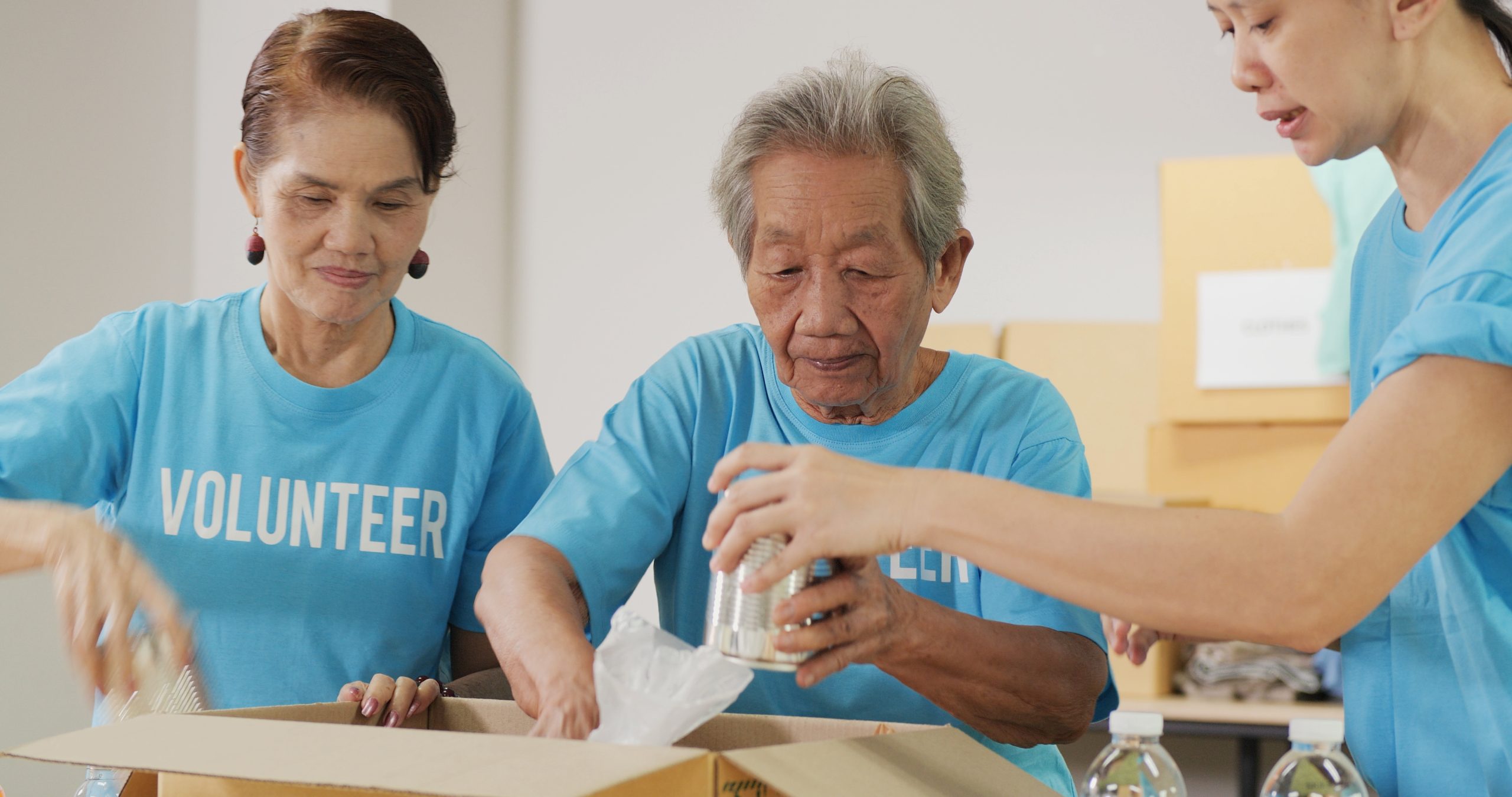Home › Singapore Buzz › Flame out

On International Firefighters’ Day, we discuss the basics of home fire safety.
TEXT: MELODY TAN
PHOTOS: SHUTTERSTOCK
House fires often start with something small – a forgotten meal simmering on the stove or an overcharged power bank in the bedroom. But within minutes, entire lives can be destroyed.
International Firefighters’ Day, which falls on May 4 every year, pays tribute to the bravery and the sacrifices made by all firefighters. We can honour their dedication by doing our best to observe basic fire safety rules – and by doing so, prevent more fire-related tragedies from occurring.
KEEP CLUTTER TO A MINIMUM
Hoarding has always been an obstacle to fire safety. In August, a residential fire at Jurong East Street 21 resulted in the death of a resident. Singapore Civil Defence Force (SCDF) personnel reported difficulty in extinguishing the blaze as the flat was filled with items from wall to wall, obstructing firefighting and damping down operations.
Combustible materials such as newspapers, books, clothing and cardboard boxes can spread flames quickly. As hoarders in Singapore tend to be elderly, they may also have mobility issues that make it more difficult to escape a fire, especially in a narrow, cluttered space.
DON’T OVERLOAD ELECTRICAL OUTLETS
When power points are overloaded with multiple appliances, they can overheat and become a fire hazard. The SCDF has noted that a majority of residential electrical fires are caused by overloaded sockets or short-circuited appliances.
Keep wires organised and don’t run them under carpets or rugs, as that can prevent heat dissipation. Broken or exposed wires are a fire risk, and if you spot a frayed or damaged electrical cord it’s best to call in a licensed electrical worker than attempt a DIY solution.
CHARGE BATTERIES CORRECTLY
A battery explosion – whether from an overcharged power bank or personal mobility device (PMD) – can have devastating consequences, such as when a 20-year-old man died from burn injuries after his PMD exploded in the lift last December.
If you use a PMD or any other kind of active mobility device – such as a power-assisted bicycle or personal mobility aid – remember to check that your device’s battery has a valid SAFETY mark and is compliant with official regulatory standards such as UL2272 and EN5194.
Inspect your battery regularly for any damage or deformities, charge it away from heat sources and combustible materials like fabric, and don’t charge your battery immediately after using your device. Avoid overcharging and leaving your battery to charge overnight.
EQUIP YOUR HOME WITH FIRE SAFETY RESOURCES
It’s always better to be safe than sorry, so don’t forget to invest in portable fire extinguishers which are available at hardware stores and online retailers and smoke detectors for your home. Once you have these resources in place, check regularly to ensure that they are in good condition. Lift the fire extinguisher to assess its fullness, inspect it for any corrosion, leakage or clogging in the nozzle, and make sure the pressure gauge indicator is in the operative range.
Smoke detectors, also known as home fire alarm devices (HFADs), should ideally have built-in batteries with a 10-year life span as recommended by the SCDF. HFADs should be installed on the ceiling along the home’s escape route, and connected to ensure that if one is triggered, all will sound an alarm. Once a month, press the test button on each HFAD to see if it’s working.
EDUCATE HOUSEHOLD MEMBERS
Hold twice-yearly fire drills so that everyone in the household knows how to handle themselves in event of a fire. Everyone should be familiar with the location of the nearest fire extinguisher, and those physically able to lift the extinguisher should know how to use it. Helpers should be taught kitchen fire safety, such as not throwing water on a stove-top grease fire or leaving cooking unattended.
Besides teaching children not to play with matches, it’s also important to teach them fire safety basics such as stop, drop and roll, emergency numbers such as 995, and the escape plan if the house catches fire.
What to do if a fire breaks out at home
If a fire breaks out, what should you do?
First, don’t panic. If the fire occurs at the kitchen stove, turn off the gas supply and use a lid or damp cloth to completely cover the pot or pan. Starving the fire of oxygen will extinguish it. If the fire is in a room and cannot be controlled by an extinguisher or water, evacuate everyone from the room. If you can, close the door to contain the smoke and flames and call 995. If the gas mains are within reach, switch them off.
When evacuating, don’t turn back for treasured belongings – fires can spread and intensify far more quickly than you think. Focus on avoiding smoke inhalation by covering your mouth and nose with a wet cloth and crawling under the smoke to escape. Always take the stairs to head to ground level. On very high levels, head to the nearest refuge floor – a safe holding area located every 20 floors in super high-rise residential buildings.
Like our stories? Subscribe to our Frontline Digital newsletters now! Simply download the HomeTeamNS Mobile App and update your communication preference to ‘Receive Digital Frontline Magazine’, through the app settings.





